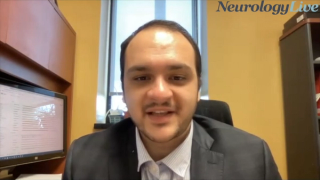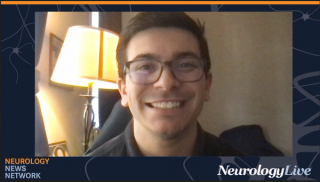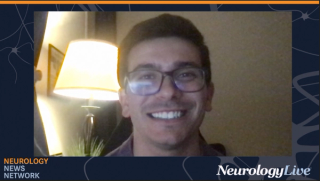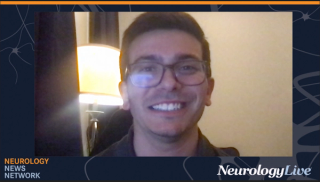
Dementia and Alzheimer Disease
Latest News

Fosgonimeton Fails to Reach End Points, but Shows Mechanistic Potential in Alzheimer Disease

Biogen Terminates Phase 4 ICARE-AD Trial of Aducanumab in Alzheimer Disease
Latest Videos

CME Content
More News

In the first NIH-backed study to evaluate an experimental prevention therapy in cognitively unimpaired persons at risk for Alzheimer disease, crenezumab showed small numerical, but not statistically significant differences compared with placebo.

Achieving greater diversity in study populations is a focus of increasing scrutiny, priority, and funding in all medical research, including studies enrolling individuals on the continuum of prodromal Alzheimer disease, mild cognitive impairment, and Alzheimer disease.

Here's what is coming soon to NeurologyLive®.

Test your neurology knowledge with NeurologyLive®'s weekly quiz series, featuring questions on a variety of clinical and historical neurology topics. This week's topic is movement and related disorders.

The agent will be evaluated in 2 pivotal trials of 225 patients requiring varying levels of assistance with daily living activities.

Members who voted no expressed that they would have liked to have seen results from an additional randomized controlled trial.

Take 5 minutes to catch up on NeurologyLive®'s highlights from the week ending June 17, 2022.

Galit L. Dunietz, PhD, MPH, assistant professor of neurology, University of Michigan, provided insight on women’s health, menopause cycles, and how sleep can have a direct impact on long-term cognitive health.

The journey of aducanumab (Aduhelm; Biogen) from development to the FDA is a tortured one, but its path may serve to teach the Alzheimer disease field valuable lessons as it strives forward to develop disease-modifying therapies.

Here's what is coming soon to NeurologyLive®.

Test your neurology knowledge with NeurologyLive®'s weekly quiz series, featuring questions on a variety of clinical and historical neurology topics. This week's topic is the history of the American Headache Society.
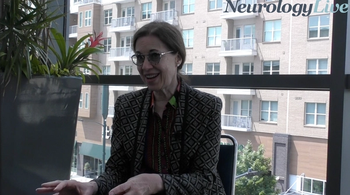
The professor and chair of Psychiatry & Human Behavior at Wake Forest School of Medicine provided insight on the signs and risks associated with sleep disorders and Alzheimer disease. [WATCH TIME: 3 minutes]

Take 5 minutes to catch up on NeurologyLive®'s highlights from the week ending June 10, 2022.
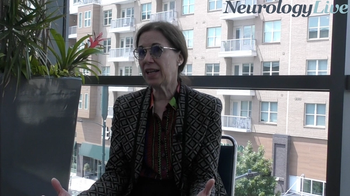
The professor and chair of Psychiatry & Human Behavior at Wake Forest School of Medicine discussed the need for improved tools to evaluate and treat sleep disorders in patients with Alzheimer disease. [WATCH TIME: 3 minutes]

The graduate student at the University of Michigan provided insight on her study examining longitudinal patterns of difficulty initiating sleep and their associations with subsequent memory trajectories among different races and genders. [WATCH TIME: 3 minutes]

Mind Moments®, a podcast from NeurologyLive®, brings you a special episode recap of aducanumab's journey from discovery to present, ahead of the June 2022 issue's in-depth cover story on the topic. [LISTEN TIME: 10 minutes]
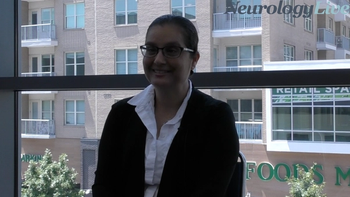
The assistant professor of neurology at the University of Michigan provided context on a previous study which suggested that treatment of obstructive sleep apnea may reduce the risk of subsequent dementia. [WATCH TIME: 3 minutes]

Here's what is coming soon to NeurologyLive®.

Test your neurology knowledge with NeurologyLive®'s weekly quiz series, featuring questions on a variety of clinical and historical neurology topics. This week's topic is sleep disorders.

CPAP Withdrawal in Obstructive Sleep Apnea Results in Changes to Neurodegenerative Plasma Biomarkers
Between those treated with CPAP and those who withdrew treatment, the difference in N3 sleep represented 15.7% of variance beyond a base model that included age and sex alone.

Take 5 minutes to catch up on NeurologyLive®'s highlights from the week ending June 3, 2022.

The founder and chief medical officer of Omniscient Neurotechnology discussed how the use of machine learning and big data will be critical in revolutionizing our understanding of the brain and mental illnesses.
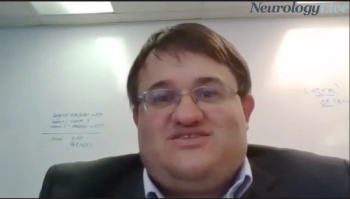
The founder and chief medical officer of Omniscient Neurotechnology commented on the areas of need with understanding the brain map and treating conditions with multiple pathway crossover. [WATCH TIME: 4 minutes]

Here's what is coming soon to NeurologyLive®.

Test your neurology knowledge with NeurologyLive®'s weekly quiz series, featuring questions on a variety of clinical and historical neurology topics. This week's topic is World MS Day.




